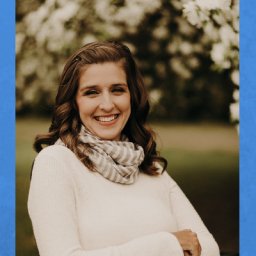By the age of ten, frustrated with his previous treatment, we finally found a therapist who focused only on getting Eli to talk. As this therapist put it, “his previous therapy sucked all the fun right out of talking.” Over the next few years, we got our son back.
Through it all, we tried a variety of treatments to work on Eli’s stuttering. We tried yoga and meditation, but he didn’t follow through too much (nor did I!). Our main goal was always to support Eli as he explored his interests and passions and to surround him as much as possible with loving and supportive friends (both kids and adults) who knew how to interact in a way that didn't impede his communication. Now that doesn’t mean that his buddies, brothers, and parents didn’t ever talk over him or interrupt him – we all do that to each other all the time, but we tried our best to keep all of that at a minimum – not just for him, but for each other too. We all became much better listeners in the process of helping Eli overcome his stutter.
We all became much better listeners in the process of helping Eli overcome his stutter.
Today, Eli dreams of becoming an astronaut or at least being involved in the space industry. He is a senior in college, always on the dean’s list, and is currently working as an intern at NASA in their prestigious intern research program. (They’ve already invited him back for next summer!) Once Eli knew what he wanted to do, there was no holding him back. Last summer, during his NASA internship, he called every week with stories of people to whom he had introduced himself, and the many interesting discussions they had about shared interests, research, and upcoming opportunities. And yes, he still stutters with severe blocking at times! He also has tons of friends and has had several girlfriends.






